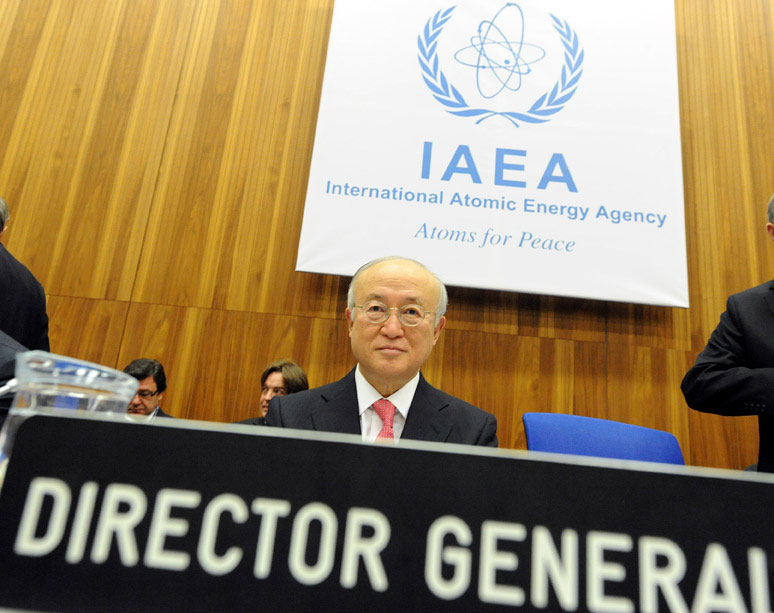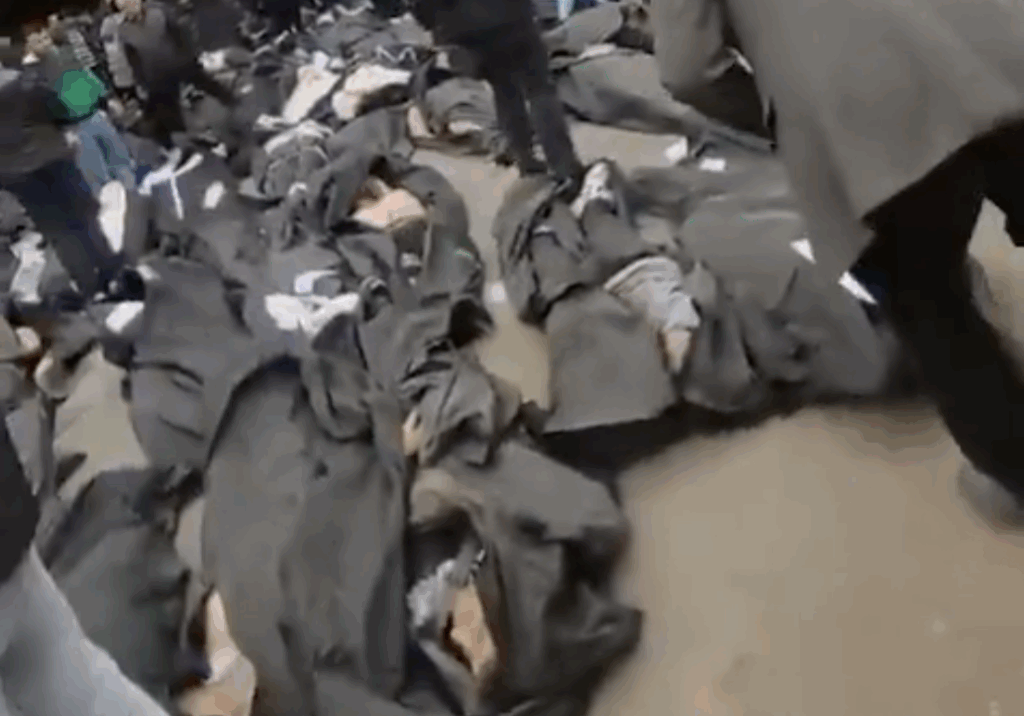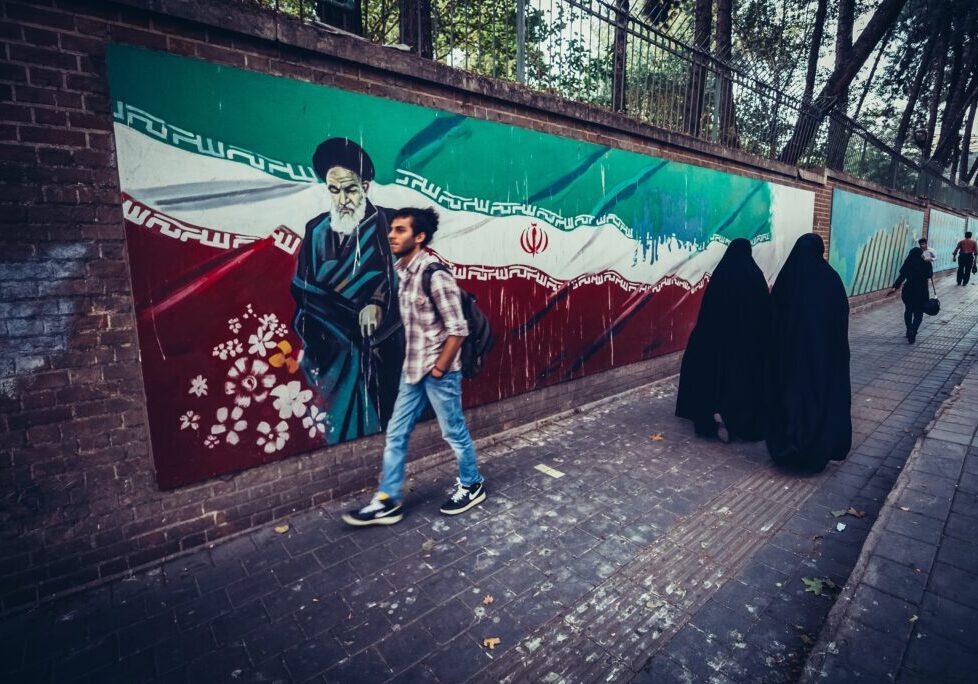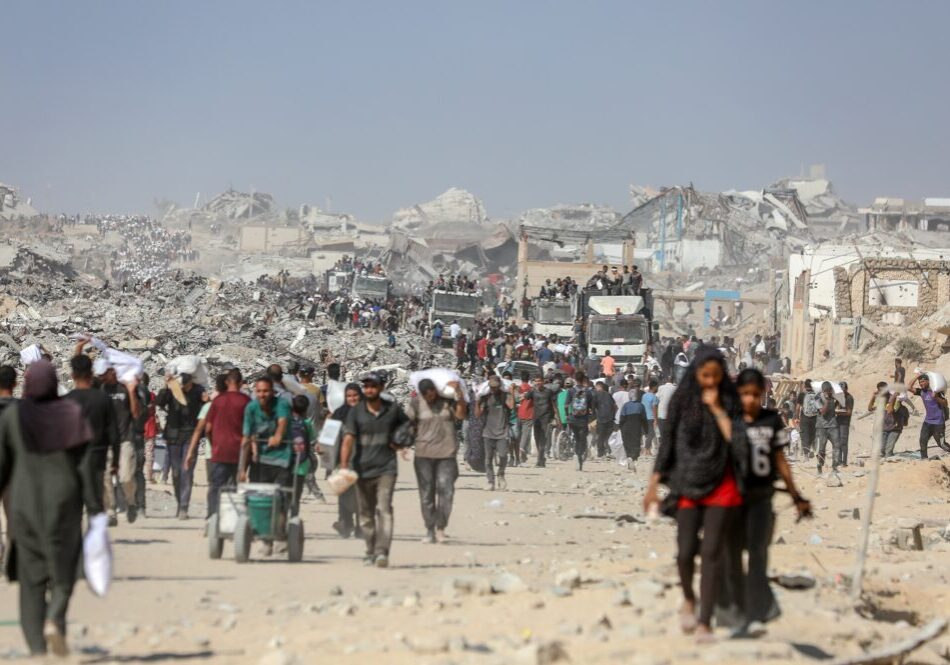Australia/Israel Review
Ignoring Iran’s Past Deceptions will doom Nuclear Deal
Dec 18, 2015 | Emily B. Landau

Emily B. Landau
Iran’s attempt to advance a military nuclear program from the late 1980s is at the heart of its decades-long violation of the Nuclear Non-proliferation Treaty (NPT). Its secret work on the development of a nuclear bomb encapsulates the deceptive behaviour that lost Iran the trust of the international community, and justified the demands that the P5+1 powers originally made in the context of the negotiations that eventually culminated with the Joint Comprehensive Plan of Action (JCPOA), otherwise known as the “Iran deal.” As such, one would have thought that a prime interest of the international negotiators would be to fully expose Iran’s deception in order to increase their own leverage during the diplomatic talks, compelling Iran to either accept a reasonable deal that involves massive dismantlement of its nuclear program, or suffer the consequences of its non-compliance. But that was not to be.
The final report of International Atomic Energy Agency (IAEA) Director General Yukiya Amano on the possible military dimensions (PMD) of Iran’s nuclear program – issued Dec. 2 and now referred to the IAEA Board of Governors for their response by Dec. 15 – was shallow and inconclusive. Iran had not cooperated fully with the IAEA on the 12 outstanding questions that Teheran had been stonewalling on for years. In fact, up until about a week before the mid-October deadline for Iran to provide its answers, there had been little to no cooperation on its part, with partial responses provided only in the final week or so. On the basis of this limited cooperation, the report assesses that Iran did conduct a “range of activities relevant to the development of a nuclear explosive device…prior to the end of 2003 as a coordinated effort, and some activities took place after 2003.”
According to the report, Iran did not advance beyond “feasibility and scientific studies,” and “acquisition of certain relevant technical competences and capabilities.”
So, yes, the IAEA believes that Iran worked on military aspects, but the report – that was meant to be the final word – is a far cry from a full and final picture of Iran’s military-related activities. As Amano had already admitted a week before it was released, we should not expect a black/white report, with yes/no answers on Iran’s past behaviour.
It is not clear whether the PMD investigation will continue or not, and if so, with what degree of emphasis. What is clear is that it is now off the agenda as far as implementation of the Iran deal is concerned. Indeed, the most important message in this regard was delivered already in late October, by an anonymous senior US official in a briefing to reporters. The official noted that the Iran deal will be implemented regardless of the content of the IAEA report; in his/her words: the final assessment “is not a prerequisite for implementation day.”
What is most disturbing about this picture is that the Obama Administration, and the P5+1 in general, apparently had no intention of including the investigation into Iran’s past military nuclear program as an integral part of the negotiations on a comprehensive and final deal with Iran, despite clear statements to the contrary.
In early 2015, both US Secretary of State John Kerry and chief negotiator Wendy Sherman indicated that the PMD issue would have to be cleared up in the context of a final deal. Sherman noted specifically that Iran must “come clean” about past activities for a deal to be concluded. And yet, the tricky backtracking from these unequivocal statements unfortunately does not really come as a surprise. From the time negotiations began, there was something fishy about how the P5+1 framed the PMD issue. We would hear about how important it was to clear up the PMD issue in the context of a deal, and yet the investigation was relegated to the IAEA, not under the direct auspices of the political negotiation. The PMD investigation was referred to as a parallel IAEA process with which the P5+1 would not interfere. While this made sense as far as the technical details, it was surely bizarre as far as the political implications of their findings.
Why were the P5+1 creating this distance from the PMD issue, when Iran’s record of deception was obviously crucial to any deal that could be deemed “comprehensive and final”? The military dimension was the clearest justification for taking far-reaching steps to ensure that Iran wouldn’t continue to do what it had been doing for decades. This was even more pronounced against the backdrop of a lack of evidence of a strategic decision by Iran to back away from its military ambitions. In this scenario, the role of the IAEA within the process was paramount. What could justify the P5+1 announcing the JCPOA in mid-July without clearing up the PMD issue?
Although a full understanding of how Iran cheated in the past on its NPT commitment not to work on a military capability is crucial to carving out effective verification measures regarding future Iranian compliance, the US Administration preferred to ignore the past and focus only on the future.
Moreover, although a clear determination that Iran had done wrong in the nuclear realm – in direct contradiction to Iran’s false narrative of being a stellar member of the NPT – would have given the P5+1 badly needed leverage during the diplomatic talks, negotiators preferred to avoid a conclusion that they claimed might “humiliate” Iran. So better to let Iran continue to lie and deceive?
As the P5+1 move to implement the Iran deal, the IAEA report – however lukewarm – must not be ignored, because it does break Iran’s narrative of having done no wrong in the nuclear realm. Iranian officials should no longer be allowed to appear on prominent platforms throughout the world – like the Munich Security Conference early this year – and continue to spread their narrative of nuclear innocence without being firmly challenged. Iran cannot be permitted to raise ideas and initiatives in international forums about dealing with other states from a position of having been cleared of all suspicion. The international community must be firm in its rebuttal: Iran actually has done wrong in the nuclear realm by working on a military nuclear capability for decades. All measures taken against it were legal in the face of its blatant NPT violations. Iran may have succeeded in securing a good deal from its perspective, but its history must not be whitewashed or ignored.
Emily B. Landau is Senior Research Fellow and Head of the Arms Control Program at the Institute for National Security Studies (INSS). © The Tower magazine (www.thetower.org), reprinted by permission, all rights reserved.
Tags: International Security, Iran






